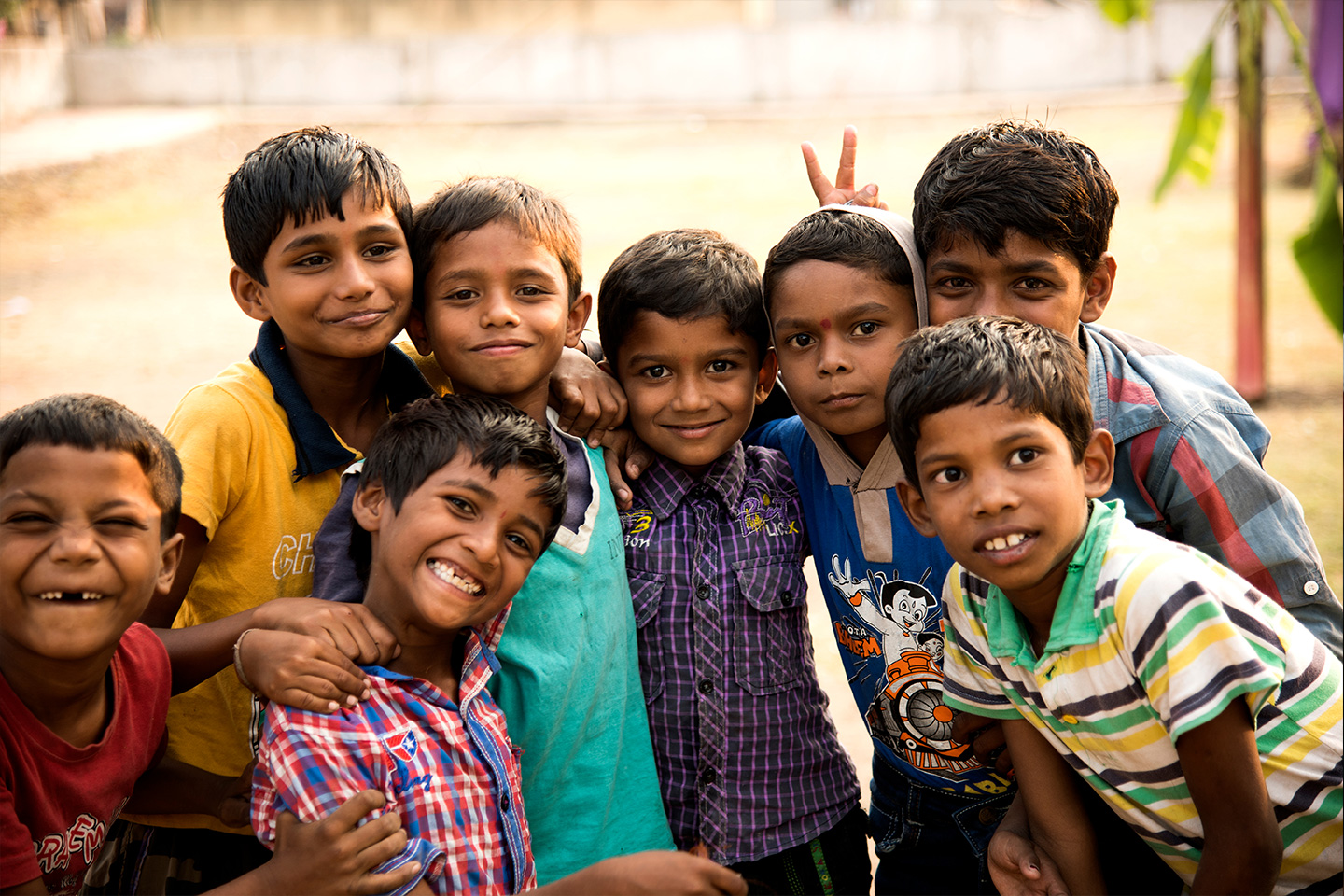NGOs and Urban Development: Building Sustainable Futures
Urban development is a multifaceted challenge that demands collaborative efforts from various stakeholders. Among these, Non-Governmental Organizations (NGOs) play a pivotal role in shaping the urban landscape for a more sustainable and inclusive future. In the face of rapid urbanization, NGOs have emerged as key contributors to addressing issues related to housing, infrastructure, environmental sustainability, and social equity.
One of the primary areas where NGOs make a substantial impact is in the realm of affordable housing. In many urban centers, soaring property prices and inadequate housing options create a significant barrier for low-income families. NGOs, through innovative housing projects, strive to bridge this gap. By partnering with local communities and leveraging funds from diverse sources, these organizations facilitate the construction of affordable housing units, providing secure shelter for those in need.
In addition to housing, NGOs are actively involved in enhancing urban infrastructure. Many urban areas face challenges such as inadequate sanitation facilities, unreliable public transportation, and deficient waste management systems. NGOs step in to address these issues, working towards the development of sustainable infrastructure that not only meets the immediate needs of the population but also ensures long-term environmental and social benefits.
Environmental sustainability is a core focus for many NGOs engaged in urban development. As cities expand, the strain on natural resources increases. NGOs implement projects aimed at promoting green spaces, sustainable energy solutions, and waste reduction initiatives. Through community engagement and education, they foster a sense of environmental responsibility among urban residents, creating a collective commitment to building eco-friendly and resilient cities.
Social equity is another critical aspect of urban development that NGOs address. Rapid urbanization often leads to the displacement of marginalized communities. NGOs advocate for the rights of these vulnerable groups, working to ensure that urban development projects consider the needs and interests of all residents. By actively involving communities in decision-making processes, NGOs empower them to shape their urban environments in ways that reflect their cultural, social, and economic aspirations.
The success of NGOs in urban development is often tied to their ability to collaborate with local governments, businesses, and other stakeholders. Through partnerships, these organizations can access resources, expertise, and support that amplify the impact of their initiatives. Collaborative efforts also contribute to the creation of comprehensive and sustainable urban development strategies that address the diverse challenges faced by cities.
In conclusion, NGOs are indispensable partners in the journey towards sustainable urban development. Their initiatives in affordable housing, infrastructure enhancement, environmental sustainability, and social equity work collectively to shape cities that are resilient, inclusive, and responsive to the needs of their residents. As we navigate the complexities of urbanization, the role of NGOs becomes increasingly vital in ensuring that our cities evolve into vibrant and sustainable hubs where every individual can thrive. Through their unwavering commitment, NGOs are not just building structures; they are laying the foundation for a better, more equitable urban future.
About Martin Foundation
We all want India to become a better place. But what we don’t realize is that our nation won’t get better by itself. Our duty as a responsible Indian citizen is to set big goals and hold ourselves accountable for each step of ours, towards reaching that way! We at Martin Enterprises, work in harmony with our vision to reduce poverty, injustice, etc., and assist the people in breaking this cycle and help them emerge out of it. Martin Karnataka strives to strengthen democratic values and advance human achievements. Martin Lottery believes in investing in transformative ideas, individuals, and institutions. We uphold the inherent dignity of all people irrespective of their caste, creed, race, etc. But around India, nearly half of the population is excluded from the political, economic, and social institutions that shape their lives.
